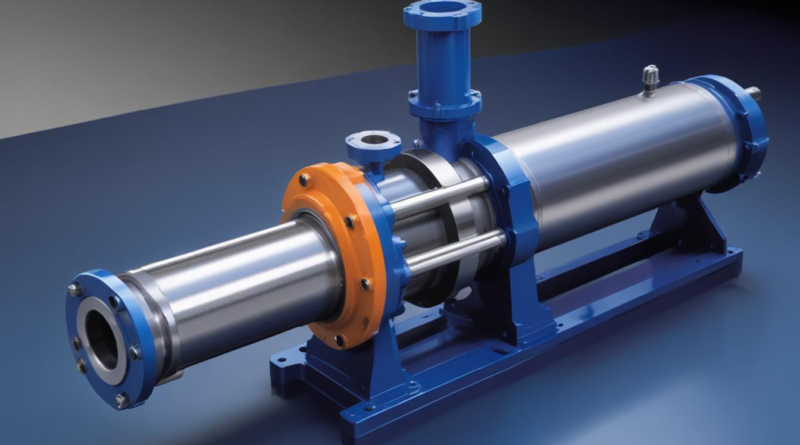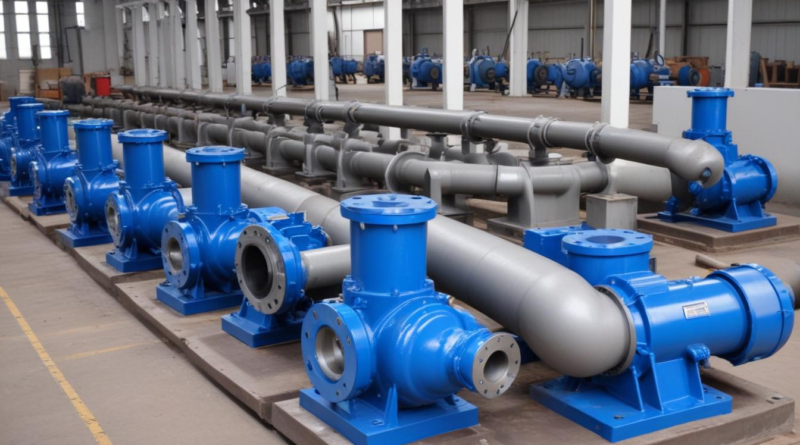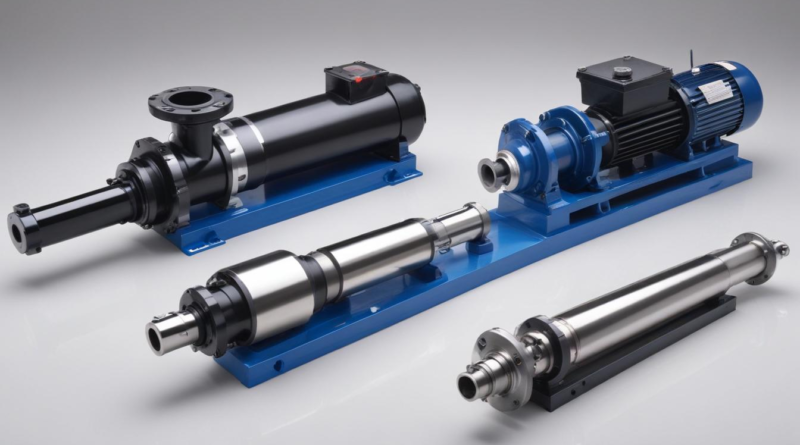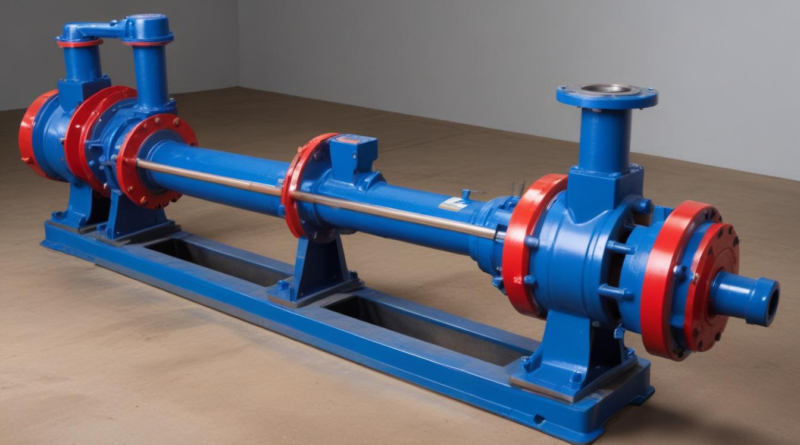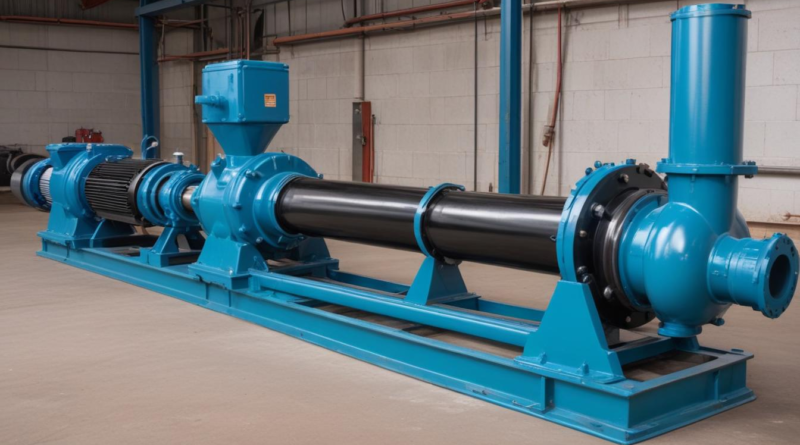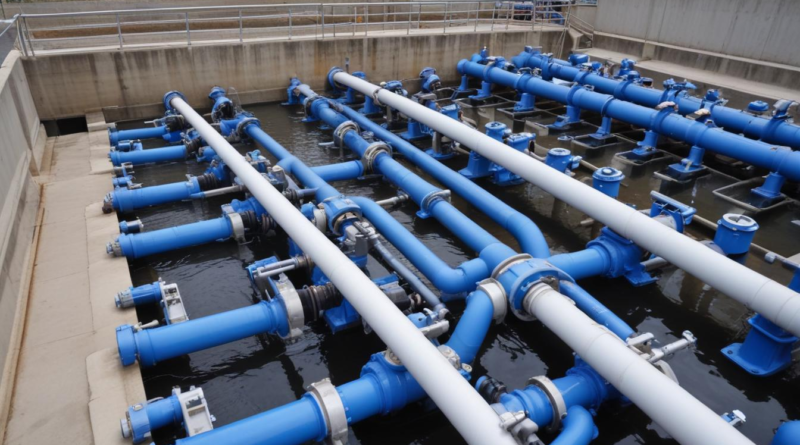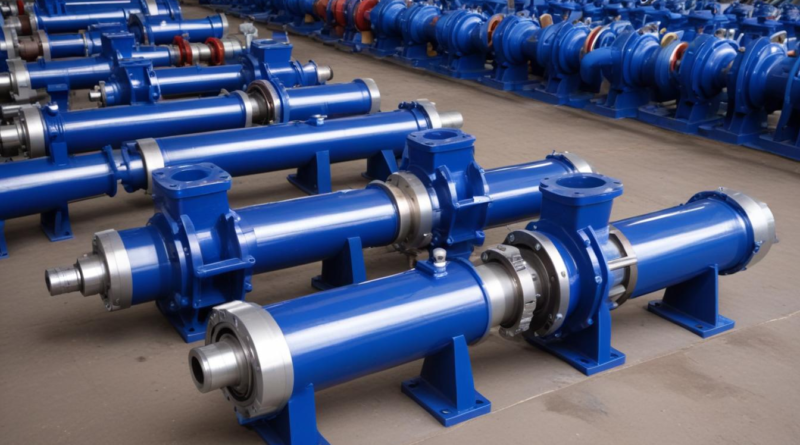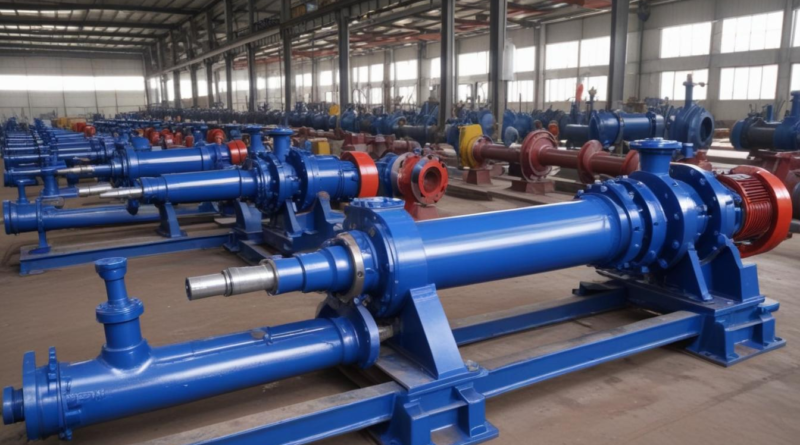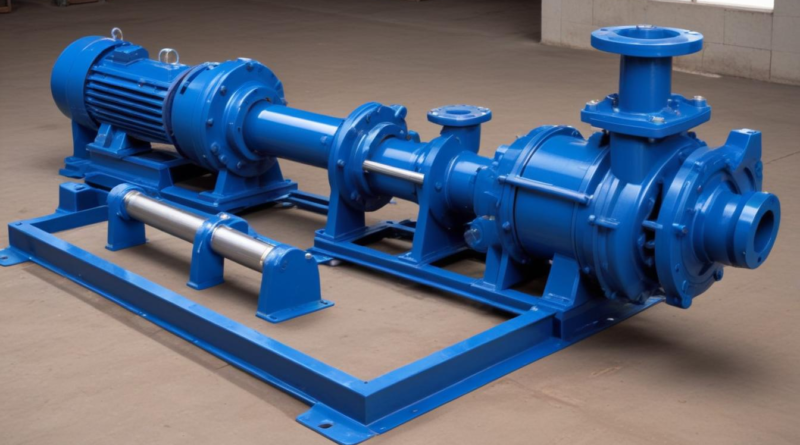Understanding the cost of ownership for progressive cavity pumps
Evaluating the total cost of ownership for progressive cavity pumps involves more than just the purchase price. Factors such as installation, energy consumption, and maintenance play critical roles in the overall expenses throughout the pump’s lifecycle. By understanding these components, engineers can enhance efficiency, reduce costs, and make more informed decisions that lead to improved operational performance. Exploring the intricate interplay of design, operational conditions, and effective management strategies reveals essential insights for optimizing pump longevity and performance.
Read More

